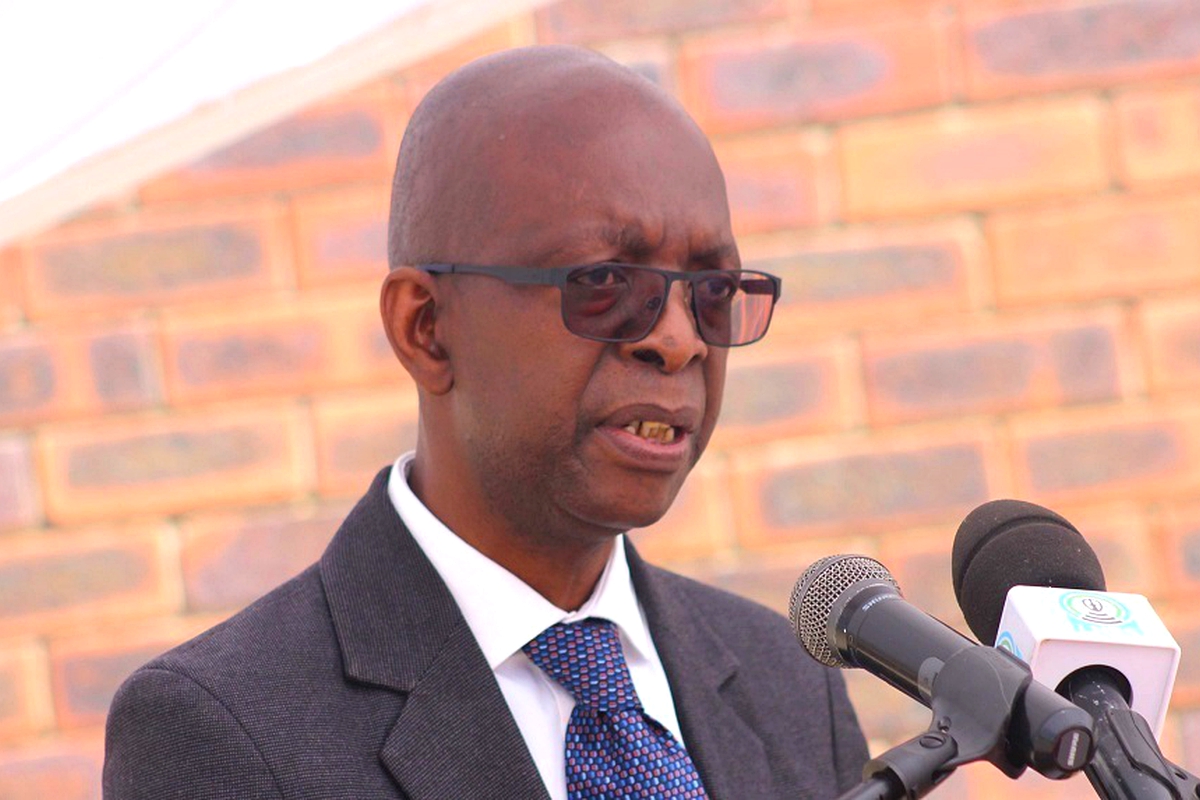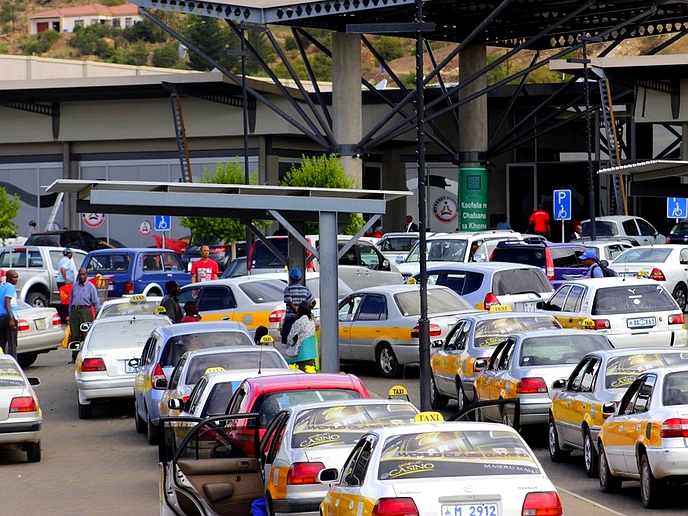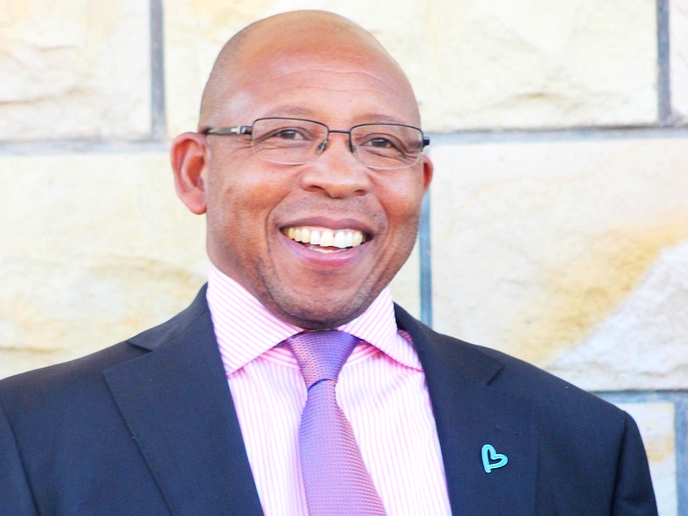ALTHOUGH Lesotho is among the countries that have ratified the Africa Continental Free Trade Area (AfCFTA) agreement, women cross border traders still face specific challenges that need to be addressed to allow smooth operations.
business
July 16, 2021
NEO SENOKO
4 min read
Women sidelined in free trade area

The Minister of Trade and Industry, Dr Thabiso Molapo
Female cross border traders encounter challenges including Gender Based Violence (GBV) during their travel as well as limited access to finance due to the fact that they are a disadvantaged sex.
This was revealed on Monday during the national consultations for the formulation of the AfCFTA Protocol on Women and Trade organised by the United Nations Development Programme (UNDP), the Ministry of Trade and Industry as well as other stakeholders.
The overall objective of national consultations was to provide a platform for women to voice their needs and interests with regard to trade in the context of the AfCFTA.
It was also aimed at facilitating access to regional trade platforms by validating the action plan for integrating the needs of the informal cross border traders to ease trade across Lesotho and South Africa borders.
The consultations were further aimed at identifying and interrogating the multiple challenges, tariff and non-tariff, that women face at various levels of the export and import process across African borders as producers of goods and services, investors, firm owners, formal and informal sector players.
The UNDP noted that in conducting the national consultations for formulation of the AfCFTA Protocol on Women and Trade, the informal cross border traders are a critical sector based on their volume of trade and contribution to economic activities in the country and as providers of goods to many micro and small businesses in Lesotho.
Their issues and challenges overlap with those of the African women exporters at the micro-scale, the UN body also said.
For his part, the Minister of Trade and Industry, Dr Thabiso Molapo said women’s economic empowerment is an appropriate, smart investment and an indispensable one.
He said the protocol is another milestone that will provide Lesotho women-owned businesses with the certainty they require and access to new growth opportunities.
“To all the women who are engaged in trade in one way or another, the country and region have gained so much from your efforts. We have to ensure that our economies continue to take full advantage of women power and the extensive reservoir of capabilities they represent. The success of the AfCFTA must be measured by the benefits that our businesses can derive from them,” Dr Molapo said.
On behalf of the Minister of Gender and Youth, Sports and Recreation, Dr ’Mamoeketsi Ntho said as Lesotho progresses with AfCFTA, there is a need to target the issues of informality with gender inclusive trade policy that will transform and formalise informal trade.
“There is an opportunity with the establishment of national AfCFTA committees to ensure that gender dimension is taken into account so as to ensure inclusive policy making where it matters most,” she said. According to the study on the opportunities for women entrepreneurs in the context of the African Continental Free Trade Area released by UN Women in 2019, the agreement is likely to foster industrialisation and regional competitiveness through the creation of regional value chains and improved agro-processing. The success of such value chain will, however, depend on addressing identified key challenges to women’s effective participation in them.
Enjoy our daily newsletter from today
Access exclusive newsletters, along with previews of new media releases.
The study revealed that it is therefore critical from the onset to establish what the agreement means for women in terms of their participation in cross-border trade, value chains and public procurement, the potential these hold for women and the contributions women can make in fostering the aim and objectives of the agreement.
As of January 1, trade commenced in the world’s largest free trade area in terms of the number of participating countries. With the AfCFTA, 54 of the 55 African Union Nations agreed to a continent-wide liberalised market for goods and services.
The agreement is a major opportunity to enhance competitiveness within the continent and in the global market, to stimulate growth and structural transformation, and to achieve sustainable and inclusive socioeconomic development.
According to the World Bank, the AfCFTA, which connects 1.3 billion Africans, is expected to lift 30 million people out of extreme poverty, to boost the income of nearly 68 million others who live on less than $5.50 a day and to spur larger wage gains for women (10.5 percent) than that for men (9.9 percent).
The agreement will open markets in critical sectors in which women are engaged such as agriculture, manufacturing (clothing and textile), and services, including tourism and other business services.
Tailored for you






